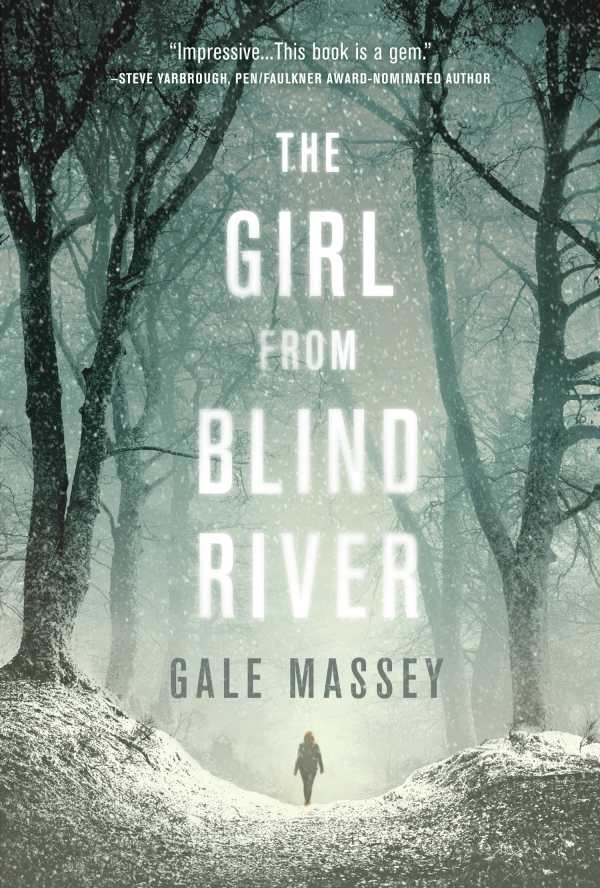The Girl from Blind River
The Girl from Blind River is a gritty debut thriller about high-stakes poker in a small town in New York. Jamie Elders, born with a gift for cards and a criminal streak, learns that Blind River is a hard place to live and an even harder place to leave. When Jamie gets in over her head, she needs every trick she knows—and she’s playing against the house.
Jamie has crime in her DNA. Her uncle, Loyal, runs gambling games and pushes cash through Blind River’s seedy coin trade shops. Jamie’s mother, fresh out of prison, passed on her magic touch with cards. Jamie learns early that the only way to win is to be the best at cheating.
Although she’s only nineteen, Jamie has an abiding, earned distrust of other people that gives her perspective an edge. She’s no do-gooder: her poverty and loneliness sharpen her and make her a compelling character. Although many of the other characters, from a crooked judge to the sly good ol’ boys who crowd around the game table, feel overly familiar, there are a few twists and reveals that keep Blind River from falling into stereotypes.
The book moves fast, quickly mapping the Elders family history and establishing well-drawn landscapes. Diners, trailers, gas stations, and casinos: Jamie’s world is dingy, lit by tacky neon.
It’s easy to want Jamie to win, and when she starts on her path out of Blind River, it’s with a drive that kicks the plot into high gear. However, she has a few obstacles, including a dead body and her irresponsible younger brother. Gale Massey peppers the text with authentic, chilling details: the texture of a marked card, the exhaustion of digging a hidden grave.
From corpses to counting cards, Blind River plays it close and smooth.
Reviewed by
Claire Foster
Disclosure: This article is not an endorsement, but a review. The publisher of this book provided free copies of the book to have their book reviewed by a professional reviewer. No fee was paid by the publisher for this review. Foreword Reviews only recommends books that we love. Foreword Magazine, Inc. is disclosing this in accordance with the Federal Trade Commission’s 16 CFR, Part 255.

